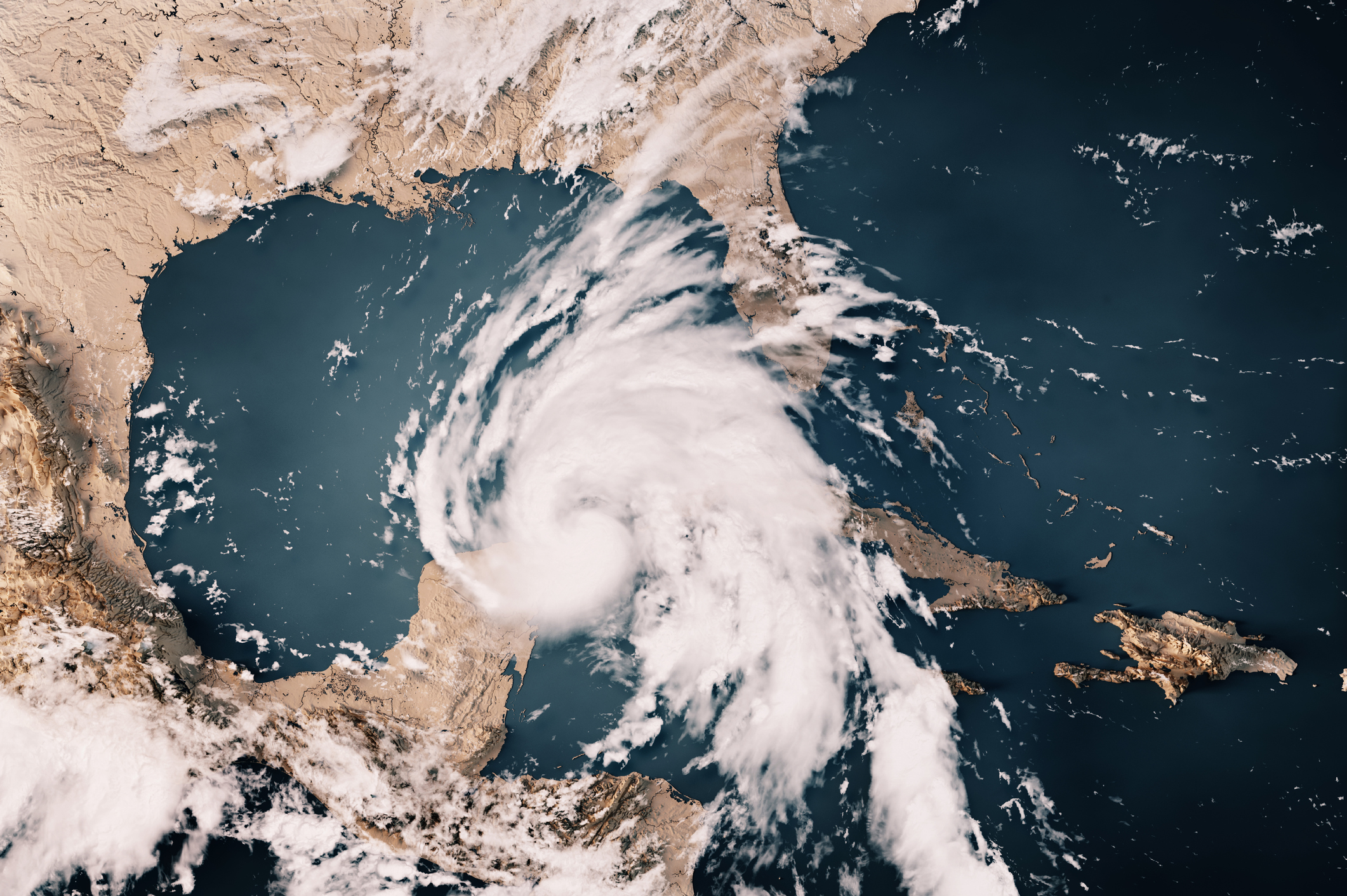
Last week, Hurricane Helene made landfall on Florida’s Gulf Coast as a Category 4 hurricane before moving inland, bringing catastrophic flooding and damaging winds from Florida throughout the southeastern U.S. This widespread destruction has already resulted in the death of at least 200 individuals. Surprisingly, the Asheville, North Carolina, area was especially hard hit despite being hundreds of miles inland.
More than 1.2 million customers still have no power in the Carolinas and Georgia almost a week after the storm, reports PBS. Tens of thousands still have no running water. Recovery from the disaster will be a long process, but there are ways you can help.
While supplies like clothing and food are always appreciated in the aftermath of a disaster, many organizations prefer cash donations. FEMA states, “Financial contributions to recognized disaster relief organizations are the fastest, most flexible and most effective method of donating.”
Here’s how you can support Hurricane Helene victims.
How to support hurricane relief efforts
Before you donate, make sure you’re giving to a reputable organization and aren’t falling victim to a charity scam. You can do so by checking the Better Business Bureau's Wise Giving Alliance or browsing charities at Charity Navigator.
We’ve listed several reputable charities below accepting donations to help victims of Hurricane Helene. Also, consider donating to smaller, local organizations providing relief; many small, Southern towns have been destroyed by the storm, but have received little to no media attention.
- American Red Cross: The American Red Cross is currently providing disaster relief to communities affected by Hurricane Helene. The organization has opened or supported more than 140 shelters for nearly 9,400 individuals who have evacuated their homes, has sent hundreds of disaster workers to help with cleanup and recovery and is working to locate lost loved ones after the storm. Visit redcross.org, call 1-800-RED CROSS (800-733-2767) to make a financial donation or to schedule a blood donation appointment. Individuals can also text the word HELENE to 90999 to donate.
- Salvation Army: The Salvation Army is currently providing emergency aid, food, drinks, emotional and spiritual care, and critical supplies to survivors and rescue workers in five states impacted by Hurricane Helene. You can donate online or by phone (1-800-SAL-ARMY).
- North Carolina Disaster Relief Fund: Governor Roy Cooper of North Carolina is encouraging individuals to donate to the North Carolina Disaster Relief Fund to help communities recover from the extensive damage Helene has caused. Donations can be made by visiting nc.gov/donate. All donations made will go to nonprofits working to meet the immediate needs of storm victims such as food and water, cleaning supplies and other disaster relief.
- The Florida Disaster Fund: The Florida Disaster Fund is the State of Florida’s official private fund established to assist Florida’s communities as they respond to and recover during times of emergency or disaster. You can donate online, by mail or with PayPal.
- One SC Fund: 99% of donations are granted to local nonprofits providing disaster relief and recovery in South Carolina. The remaining 1% are directed to outreach, research, reporting, and the administration and oversight of grant contracts. Donations to support Hurricane Helene relief can be made online.
- East Tennessee Foundation Neighbor to Neighbor Disaster Relief Fund: Exclusively aiding the response and recovery in East Tennessee after the devastating impact of Hurricane Helene. Donate online.
- Food Security for America (FSA): This metro Atlanta-based charity is raising money to provide food, water and other supplies to Augusta residents impacted by the storm. You can donate on their website.
- CARE: CARE and partners are responding to families impacted by Hurricane Helene, providing cash assistance and livelihood support to ensure long-term recovery.
- Caring For Others: This Atlanta non-profit is collecting donations to support residents in Augusta and Valdosta, which were hit particularly hard by the storm. Support online here.
- World Central Kitchen: Headed by Chef Jose Andres, this non-profit is delivering fresh food and water throughout hard-hit Southeastern states, often in collaboration with local restaurants.
Support over the long haul
While immediate assistance after a disaster is extremely important, also consider donating to long-term recovery efforts. Most funding is used on early relief efforts, but “communities need sustained funding to support the long road to recovery,” reports the Center for Disaster Philanthropy.







